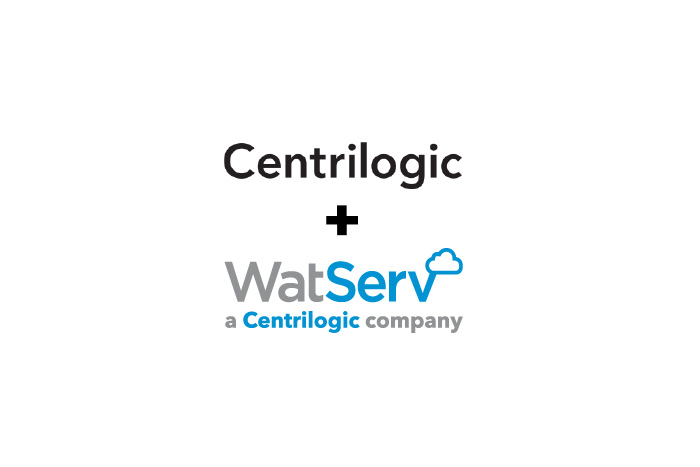The Benefits of Moving to a Hybrid Cloud Environment
November 17, 2022
Much of the media coverage, and online debate, around cloud systems is often based on infrastructure either being based in the cloud or on-premises. It is usually a binary debate about keeping your storage and application systems physically in the office or moving everything into the cloud. But what if networks are not always this simple?
In fact, this is a common issue and is resolved by opting for a hybrid approach to cloud structures. A hybrid model can mix various elements such as a private cloud, a public cloud, and on-premises systems. Some may ask if this is just a multi-cloud with a different name, but there are differences.
Hybrid cloud computing is a combination of private and public cloud services. It combines on-premises data centers (private cloud) with a public cloud service, which allows data and applications to communicate between the two cloud services.
A multi-cloud environment can include multiple public cloud services, most often from different providers, and they are usually separated to keep distinct parts of the organization separate.
Companies across all industries can benefit from the flexibility of a hybrid cloud solution.

Because of its hybrid nature, this model of cloud computing is incredibly attractive. Data that is less sensitive can be stored in a public cloud service, while highly sensitive data and other assets can be stored in a private cloud and on premises.
Cost control is also a key benefit because as local resources become stretched, a hybrid organization will have the option to draw on cloud resources. The flexibility and scalability of a cloud solution is inherently available, even with a hybrid option.
Security can be designed around the need to preserve some on premises systems with the public cloud. The use of a public cloud also drives greater uniform standards throughout the organization, improving the network’s stability and design. Protection against cyberattacks or disasters is further enhanced because data is stored in multiple locations.
A hybrid cloud preserves the on-premises systems in place, but most of the advantages of a cloud system are available. This includes the flexibility to scale as quickly as the organization requires. The ability to pay only for additional services or storage as it is needed. The ability to introduce automated network management systems and the improved business continuity management offered by the cloud.
A hybrid cloud environment is best used for:
- Organizations that function across different industries with a variety of IT regulations
- Disaster recovery planning and implementation
- Providing the best combination of control, performance, and cost
- Organizations that require ongoing flexibility amongst changing markets
How do you start? What are the first steps on the road to embracing a hybrid cloud infrastructure?
First you need to decide on the ideal deployment model for the applications and data you are using, ensuring your business needs help to define the infrastructure that will be used.
Then a process of integration will allow you to blend a private cloud with on-premises systems. Governance and service level agreements must be defined along with access and authentication protocols. These are the main steps when commencing the transition, but then you will need to ensure that management and optimization are ongoing. How much control is needed and how much can an organization entrust to a cloud service provider?
That is where having a skilled partner to help you define the ideal deployment model is crucial. WatServ’s team of cloud architects can take you through the entire transition and deliver ongoing management and supervision of your hybrid cloud environment.
Finding the right cloud solution can feel overwhelming. Contact our team today to learn more about WatServ’s approach to cloud consulting and advice on how to design and structure your future cloud solution – including hybrid.
About
WatServ is an IT solutions provider that helps organizations digitally transform through cloud technologies and managed services.
Serving clients as a trusted advisor since 2006, WatServ provides experience-tested, strategic solutions across all stages of the digital transformation journey. Clients choose WatServ to migrate infrastructure and applications to the cloud, secure critical data, implement disaster recovery, deploy virtual desktop, enable data-readiness for productivity solutions and manage IT environments.
Our clients span a broad range of industries, and we’re a global supplier of IT services for many Brookfield Portfolio Companies. To help our mid-size clients, we provide scalable offerings that simplify cloud adoption and drive business optimization. For enterprise clients, we co-create cloud solutions that enable stability and efficiency for complex IT tools and processes.
With more than 15 years of experience, WatServ has a track record of delivering quantifiable business results and a superior client experience. Ranked as one of Canada’s Top 100 Solution Providers for the last three years in a row, WatServ is always on.
Blog Posts
More Posts from the WatServ Team.

Monthly Cloud News Roundup: January 2023
January 31, 2023

Monthly Cloud News Roundup: December 2022
January 9, 2023

Centrilogic Acquires WatServ to Strengthen IT Transformation and Managed Cloud Capabilities
December 5, 2022
The post The Benefits of Moving to a Hybrid Cloud Environment appeared first on WatServ.